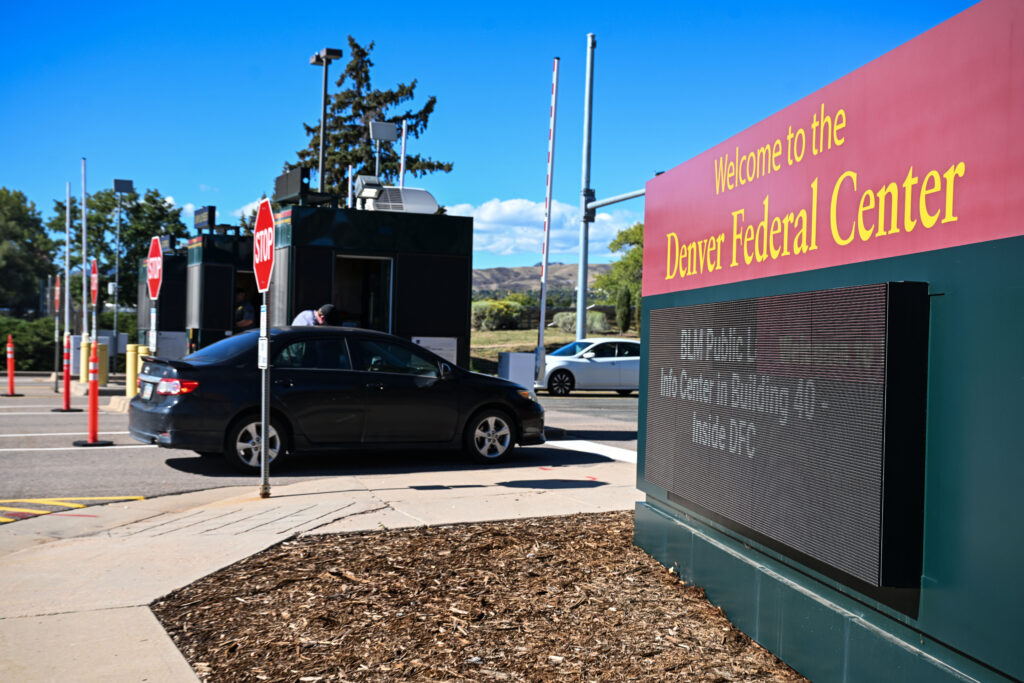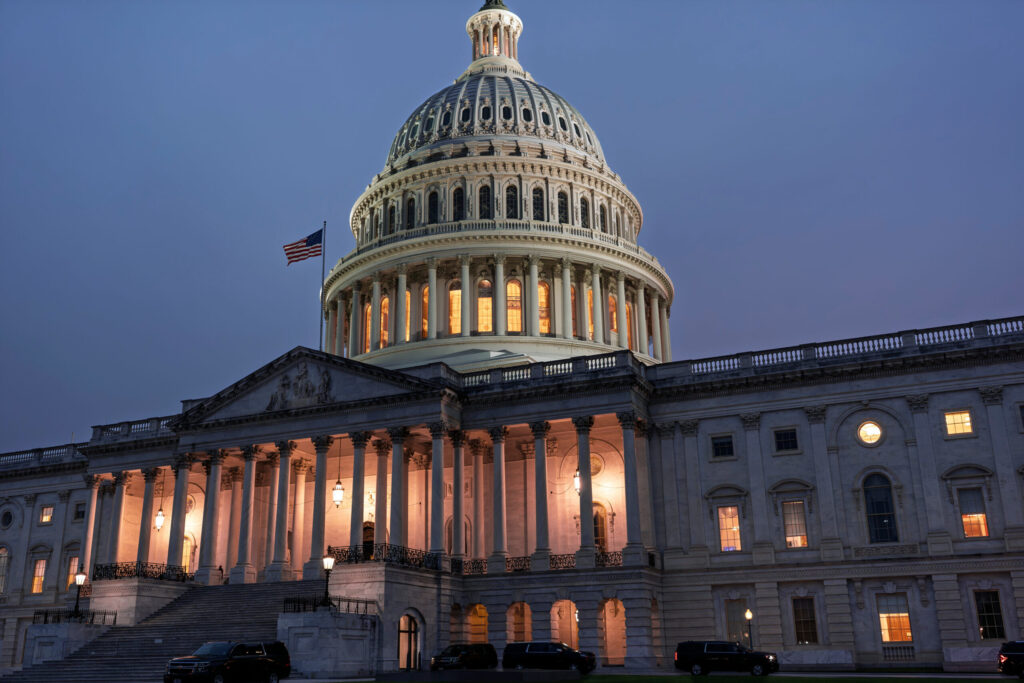High potency marijuana associated with psychosis, curbs anxiety, depression: researchers

FILE PHOTO: Cannabis industry officials are seeing the other side of the pandemic “bump” in sales. Pictured: Marijuana plants hang upside-down on a rack, ready to be “de-fanned” after being cut down at the Euflora cannabis greenhouse on Tuesday, March 1, 2022, in Denver, Colo. (Timothy Hurst/The Denver Gazette)
TIMOTHY HURST/THE DENVER GAZETTE
Is high potency marijuana bad for individuals with preexisting mental health conditions?
According to university researchers, the answer is yes, depending on the condition.
But the researchers found it also offers some benefits, such as reducing anxiety and depression.
Researchers at the Colorado School of Public Health at the University of Colorado Anschutz Medical Campus pointed to two studies showing that very potent marijuana is associated with psychosis.
Colorado’s General Assembly had tasked the school to conduct a review of the scientific literature into the physical and mental health effects of high-potency THC or delta-9-tetrahydrocannabinol, which is the main psychoactive compound in marijuana.
Critics, who view the increasing availability of high-concentration products as alarming, often say today’s marijuana is “not your parent’s pot.”
Dr. Elizabeth Stuyt, an addiction psychiatrist, said adolescents, in particular, face the risk of addiction to drugs or alcohol because they’re in a development period “with increased neurobiological based tendencies for risk taking with decreased suppressive and regulatory control, and this is a period of decreased parental monitoring and increase in peer affiliations.”
This period, she said, is a “perfect storm.”
Proponents of the marijuana industry countered by highlighting benefits the study found, and by calling for more research.
“Just like any substance, education and moderation are the keys, and the release of this report is further confirmation that there is not enough credible research around the issue of potency,” said Tiffany Goldman, board chair of The Marijuana Industry Group. “We should be creating policies based on peer-reviewed, accredited research and best practices, and we should not be looking at any additional regulations on potency levels in cannabis, until we have sound research.”
The researchers, who noted that the health implications of the trend toward high potency marijuana are “not well understood,” screened about 66,000 studies and identified 452 that are relevant.
The mandate to Colorado School of Public Health is another step taken by policymakers to more fully understand the effects of high potency marijuana, which, although illegal to children, remains accessible to them.
One study cited by researchers concluded that any cannabis use or daily consumption — or any initiation prior to age 15 — and “high potency” use are “all associated with earlier age of first onset of psychosis.”
The study also found an association between high potency cannabis use — compared to no use — and first episode psychosis, as well as everyday use and first episode psychosis.
The researchers, in particular, examined the potential interaction between child abuse and high-concentration cannabis, and the association with psychotic disorders, concluding they are, indeed, associated.
The second study, which also examined the relationship between cannabis use and psychotic symptoms, found an association between “premorbid cannabis” use and symptoms of psychosis.
Daily cannabis use, this second study said, is associated with increased odds of psychotic disorder compared with no usage.
“And there was much higher odds for daily use of ‘high-potency’ types of cannabis,” the researchers said.
Greg Tung, an associate professor at ColoradoSPH, added: “There was a moderate amount of evidence that high-concentration THC can have adverse effects on those with pre-existing conditions such as psychosis. … But there are also studies that show beneficial outcomes from the use of high-concentration cannabis on other mental health conditions, such as PTSD, anxiety, and depression.”
The researchers noted their review’s limitations, notably there’s not a lot of scientific research on high-concentration cannabis, particularly in its relevance to products available today. They also said that the cannabis available for research purposes in the U.S. has a far lower THC concentration than what is consumed.
The researchers sought to answer four questions:
-
Are adolescents and young adults especially susceptible to adverse physical or mental health outcomes of high-concentration cannabis products?
-
Are individuals with preexisting mental health conditions especially susceptible to adverse mental health outcomes of high concentration cannabis products?
-
Are pregnant and nursing women susceptible to adverse physical or mental health outcomes of high-concentration cannabis products? Are infants/children with prenatal and postnatal exposure to high concentration cannabis products susceptible to adverse physical, neurodevelopmental or cognitive effects from this exposure?
-
Are high-concentration THC cannabis products associated with greater risk of adverse physical or mental health outcomes than lower-concentration products?
“As to Policy Question 4 … we did conclude that there is a moderate amount of evidence (eight statistically significant studies of 19 total studies) that high-concentration THC cannabis products are associated with adverse mental health outcomes for those with preexisting mental health conditions,” the researchers said.
As for Question No. 2, the researchers also saw a “moderate amount of evidence” that high potency marijuana offers beneficial outcomes in particular cases, specifically in obsessive-compulsive disorder, where one study found a 60% reduction in compulsions, a 49% reduction in intrusions, and a 52% reduction in anxiety; palliative care symptoms, in which patients self-reported improvement in neuropathic pain, insomnia, and depressive symptoms; and, in attention deficit hyperactivity disorder, where a self-reported questionnaire study found an association between higher-dose consumption of medical cannabis and reduction in ADHD medication.
The researchers also found studies showing that higher doses of cannabis reduced self-reported intrusions and anxiety, as well as patients experiencing anti-depressive effects, with the highest THC concentration associated with the greatest symptom relief. The latter study is also based on self-reporting.
The researchers cautioned that the evidence does not provide an accurate picture of how risk for adverse outcomes varies with concentration or other indicators of THC dose.
“That is, the literature is not sufficiently robust to determine, for example, if risks increase only above some threshold level of concentration (or dose) or increase with increasing concentration without a threshold,” they said.
















